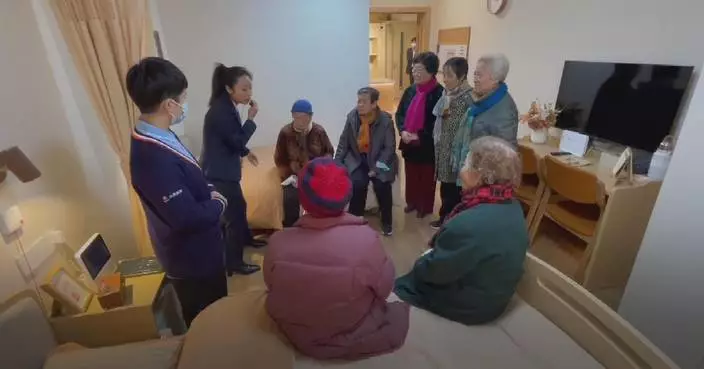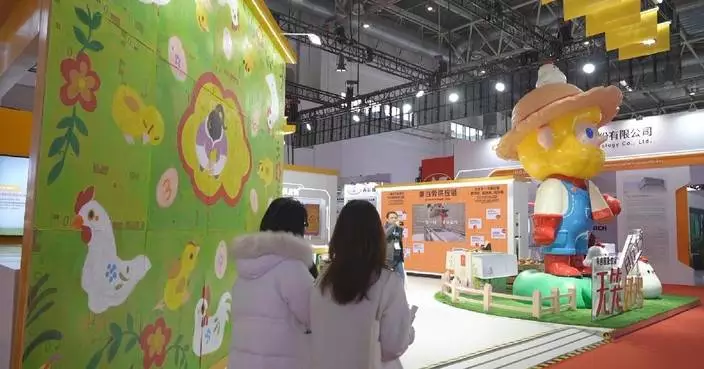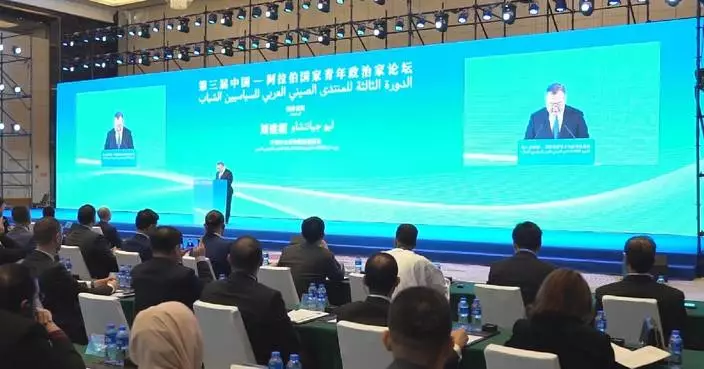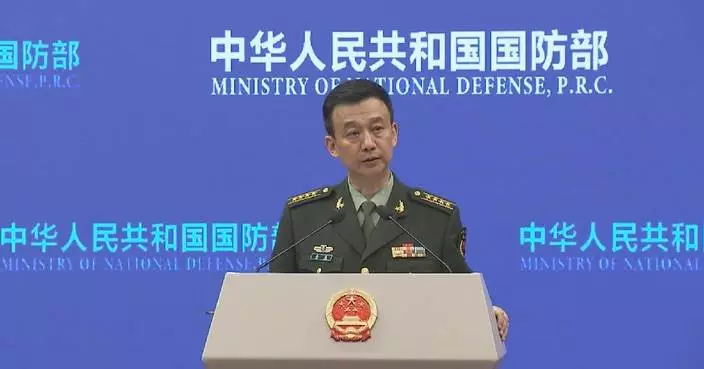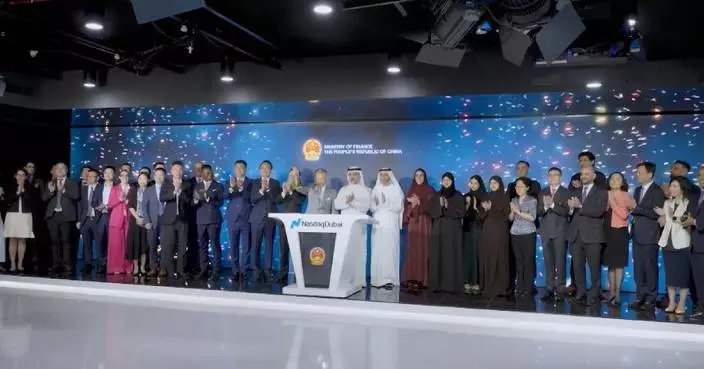China on Thursday expressed condolences over the death of former Japanese ambassador to China Koreshige Anami.
The former ambassador died of pneumonia at the age of 83 on November 13 at his residence in Tokyo.
"Mr. Anami had been engaged in diplomatic work with China for many years. From 2001 to 2006, he served as the Japanese Ambassador to China. After his retirement, Mr. Anami continued his contributions by serving as a member of the Japan side of the 21st Century Committee for China-Japan Friendship. He had made positive contributions to the improvement and development of China-Japan relations," Chinese Foreign Ministry Spokeswoman Mao Ning said at a press conference in Beijing.
"We express our condolences for the passing away of Mr. Anami and extend our sympathies to his family. The Chinese Ambassador to Japan, along with several former Chinese Ambassadors to Japan who had worked with Mr. Anami, have sent condolences to his bereaved family," she said.
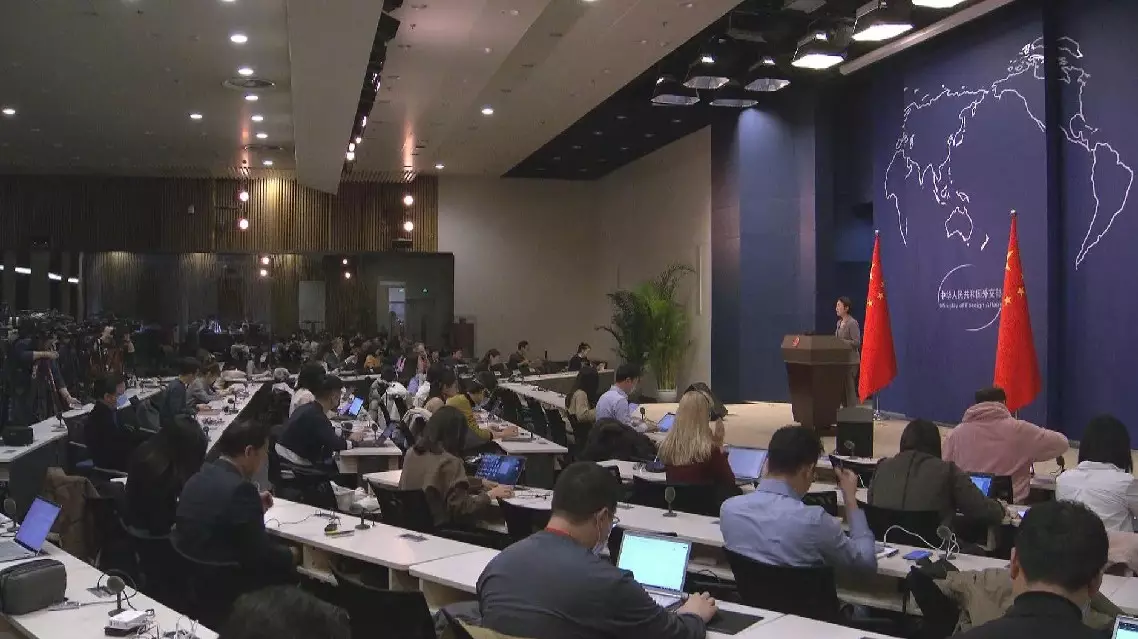
China expresses condolences over former Japanese ambassador's death
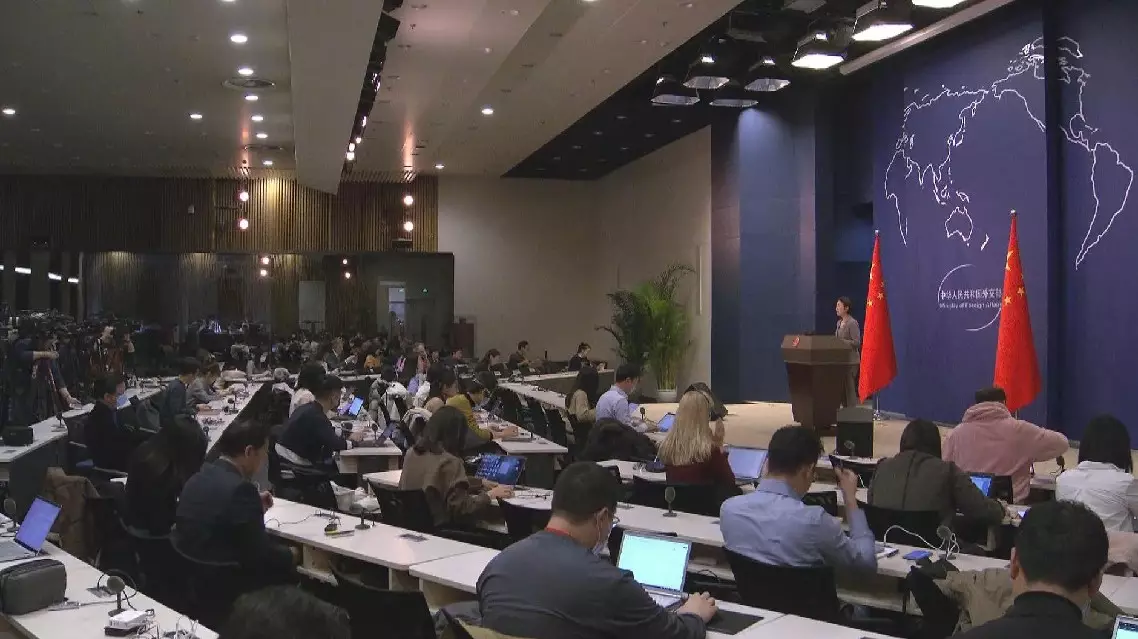
China expresses condolences over former Japanese ambassador's death
United States soybean exporters will seek to build cooperation with Chinese partners as both sides strive to overcome the challenges posed by climate change and rising protectionism, said Zhang Xiaoping, Greater China Regional Director of the U.S. Soy Export Council (ESSEC).
In an interview with China Global Television Network (CGTN) on the sidelines of the second China International Supply Chain Expo (CISCE), which runs from Tuesday to Saturday in Beijing, Zhang said the event offers a very important platform for U.S. soybean exporters to promote the country's soy among Chinese buyers.
"We are here to create the awareness of the U.S. soy supply chain and also to help provide the knowledge about all those benefits and advantages of U.S. soy, and also to build the confidence in the reliability and sustainability," Zhang said.
The ESSEC regional director acknowledged that global trade is facing mounting difficulties, but he stressed that cooperating across borders can help alleviate the impacts.
"Of course, we've seen some challenges, as always. And we see them as opportunities to continue the partnership with the Chinese industries. So, the challenges we are having now [is] namely like climate change. That's the major challenge to the global soy industry, to the value chain or supply chain. And secondly is the rising global trade protectionism by various measures for various considerations. So, that's natural, but that's the fact to have this negative impact on trade liberalization," Zhang said.
"So we have this confidence that we can provide value to the Chinese industry to support their high-quality development that will be featured as low-carbon, green and sustainable or environmentally friendly animal production and food production. So, that's what we believe. We have this strength. So, that's also the opportunity," he said.
As the world's first national-level exhibition focusing on supply chains, the CISCE has attracted close to 700 exhibitors from 69 countries and international organizations this year. Over 60 percent of the exhibitors are Fortune Global 500 companies and industry leaders, and the proportion of foreign exhibitors has risen from 26 percent at the first CISCE to 32 percent.
In addition to exhibitions, this year's CISCE also includes a series of sideline events, including the release of an annual report on the global supply chain, and discussions on promoting supply chain stability, connectivity and accessibility, according to the event's organizers.
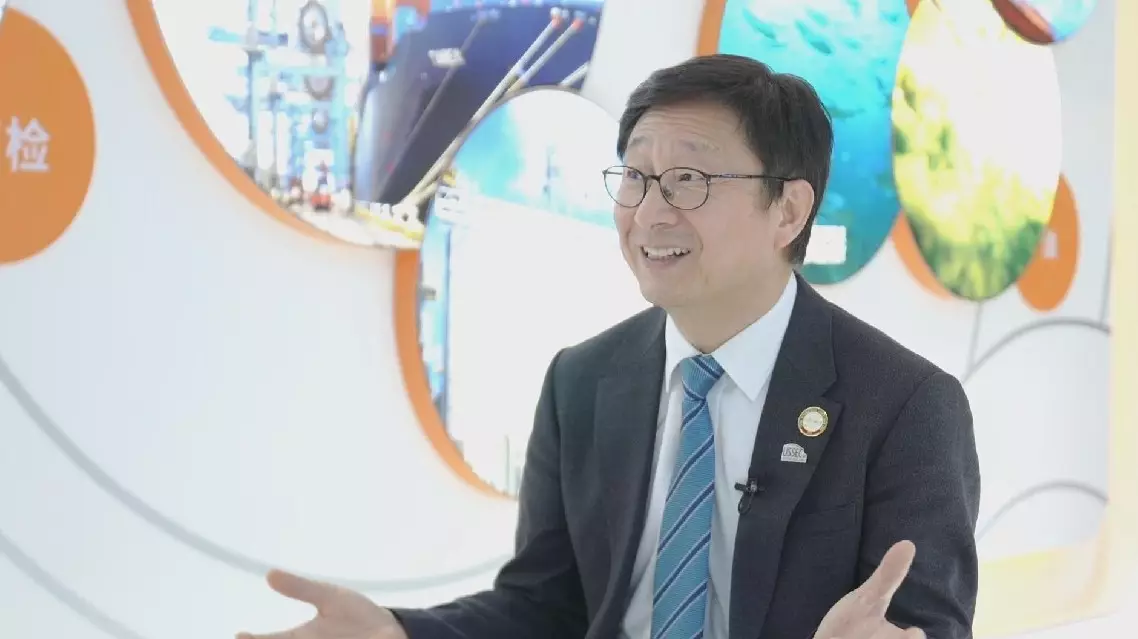
U.S. soybean industry sees opportunities for cooperation with China amid global challenges





